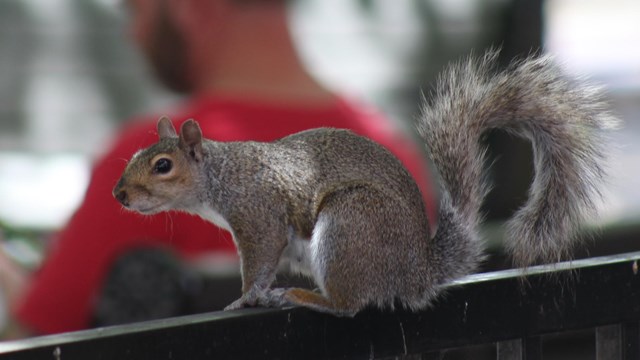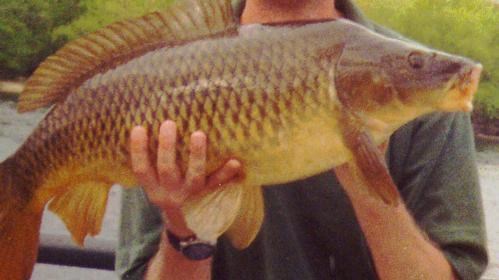
Male cormorants are bigger than the females. Young cormorants are a duller color, dark brown with gray or white undercoat. During the mating season, cormorants develop their titular dual black crests on their heads. Their eyelids also turn blue and their usually red and yellow throat sac turns orange. Both males and females show off their impressive colors by waving their wings, and males perform a courtship dance. If you manage to see a cormorant, it will likely be either diving for fish or perched somewhere dry fanning out their wings. Unlike ducks and geese, cormorants do not create water-repellent oils to protect their feathers when they go underwater, so they cannot stay wet for too long. Cormorants fish in shallower waters, not more than 50 feet deep, propelling themselves through the water with their webbed feet. They migrate to the coast periodically and move South during the New England's colder seasons. Their populations have been on the rise for about thirty years, much to the chagrin of some fishermen who blame them for declining fish populations. 
Birds
From the downtown to the riverfront, Lowell's avian friends are a vital part of the city's ecosystem and charm! 
Mammals
Domesticated and wild, you can find mammals all across Lowell's sidewalks, parks and rivers. 
Fish
Lowell's rivers are home to a number of species of fish, but over the years their environment has changed drastically as the city grew. |
Last updated: September 29, 2020
